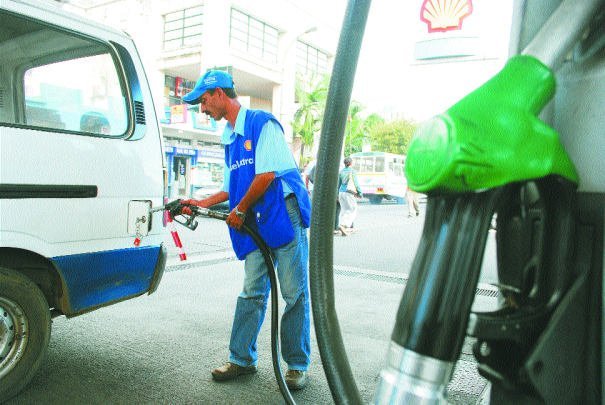Fuel: Mauritius Under the Threat of Higher Prices

The agreement between the European countries on an embargo on the purchase of Iranian crude oil, if Tehran refuses to cooperate on its nuclear program, may cause a price spike in late January, a period during which the decision would be formalized in during the meeting of Foreign Ministers of the European Union (EU).
PPC: Meeting scheduled for late January
The European Union (EU) is more than ever determined to take severe sanctions against the Iranian state. The standoff between the two sides has intensified during the week, according to the international press.
In Mauritius, the authorities concerned, including the Ministry of Commerce and the State Trading Corporation (STC) are closely monitoring the situation. The Petroleum Pricing Committee (PPC), a mechanism established to determine the price of petroleum products in the local market, will meet in late January to decide what to do.
Until this point, speculation about higher gasoline prices and diesel continue to enhance the news.
Already, in late December, the PPC through the Price Stabilization Account, had to absorb an increase of 3.30% (Rs 1.36) on the price of diesel and 1.23% (Rs 1.60) on the price of gasoline.
Mechanism
For example, the prices of gasoline and diesel have been kept at Rs 49.30 and Rs 41.20 respectively.
According to the requirements of the PPC the prices of petroleum products will remain unchanged if during the period, the decline in world prices is less than 7%.
The mechanism provides that the maximum drop should be around 10% for any price fluctuation in the between 7 and 10% is reflected at the pump.


